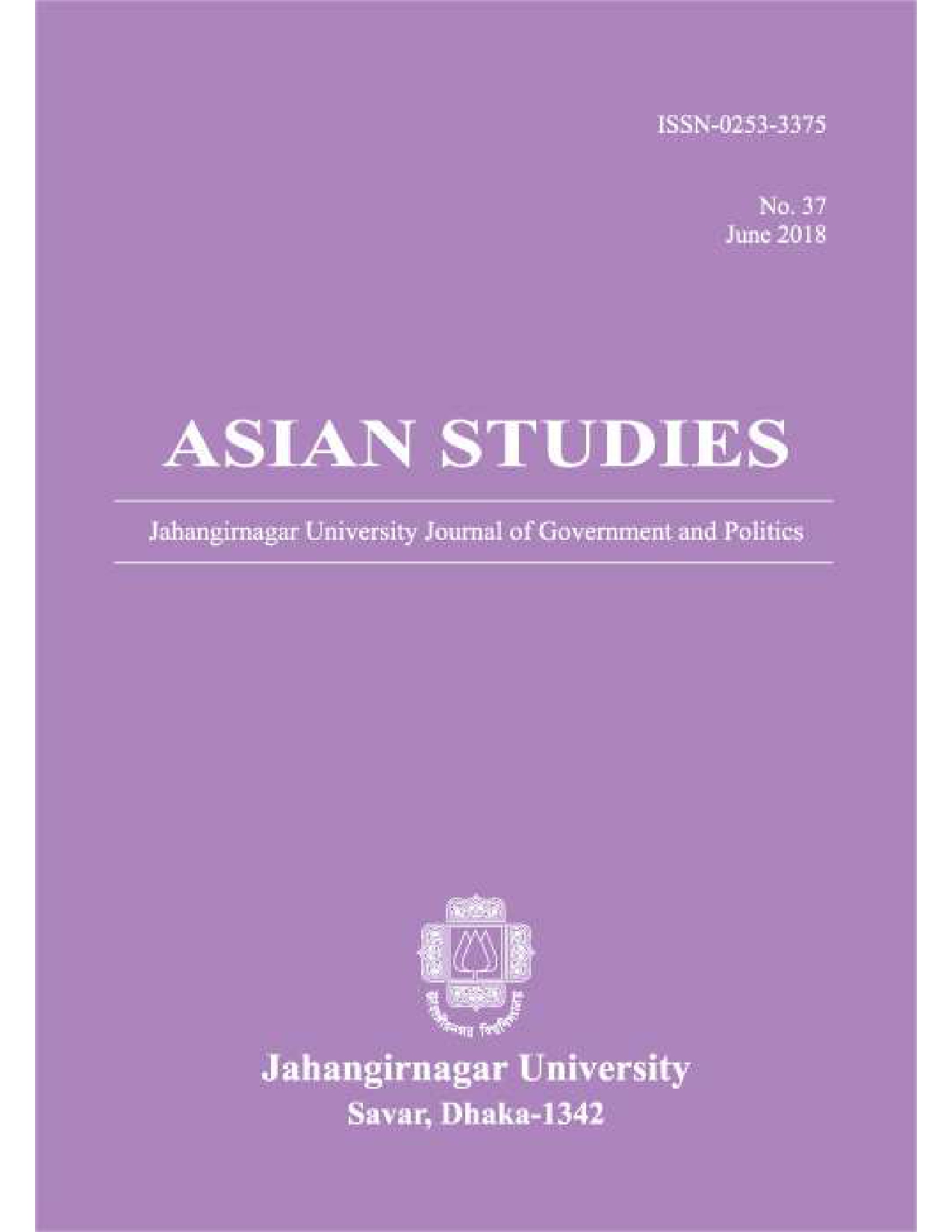The Role of Non-formal Primary Education (NFPE) for Development of Poor Children’s Life in Rural Bangladesh A Perspective on BRAC
Main Article Content
Abstract
The aim of this study is to explore the role of BRAC’s Non-formal Primary
Education (NFPE) for development of the quality of the life of poor-underprivileged children
in rural Bangladesh considering their health, intellectual, economic, environmental issues and
life skills. It uses a mixed method approach of research taken from BRAC’s NFPE programs
in schools. Data were derived from BRAC's NFPE's two schools, and they are from schoolbased
teachers, learners, guardians, school managing committee (SMC) members and local
elites. The respondents were: one hundred students, fifty guardians, two teachers, eight
SMC's members, two local elites and sixteen NFPE's graduate students who recently
completed their NFPE cycle. Data have been collected by survey, key informants interview
and focus group discussions with the students by using three sets of questionnaires and one
set of FGD schedule. The findings show that NFPE's learners' daily life behavior, life skills,
social and environment knowledge as well as awareness have developed. The findings lead to
some recommendations which will give insights to policy makers and professionals engaged
in this field.

